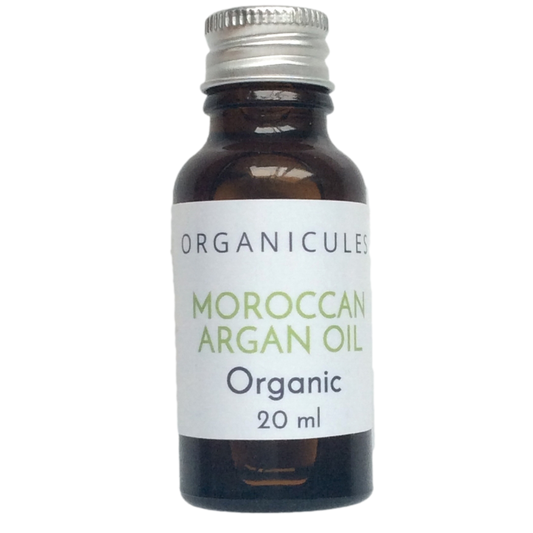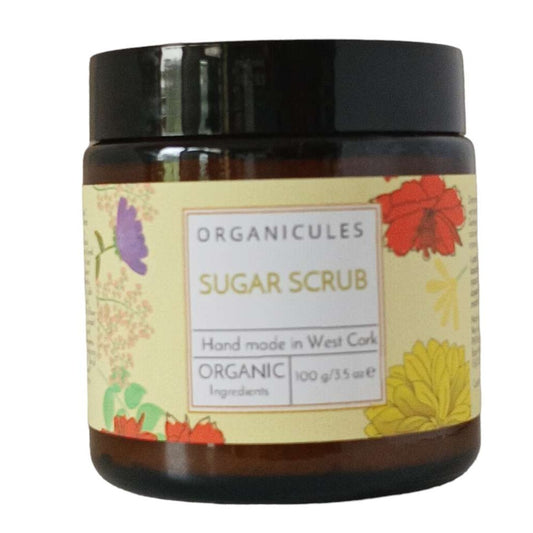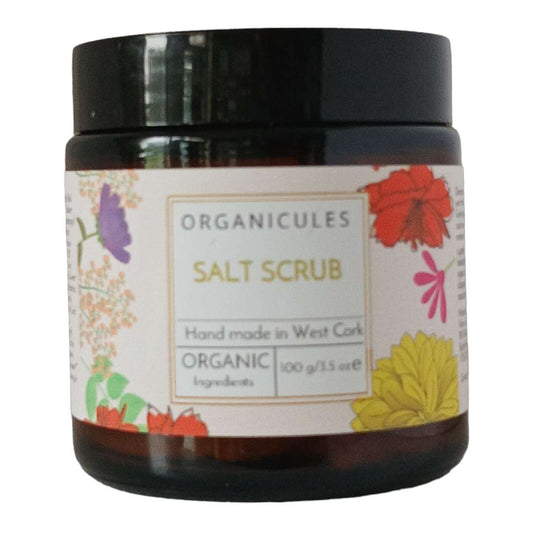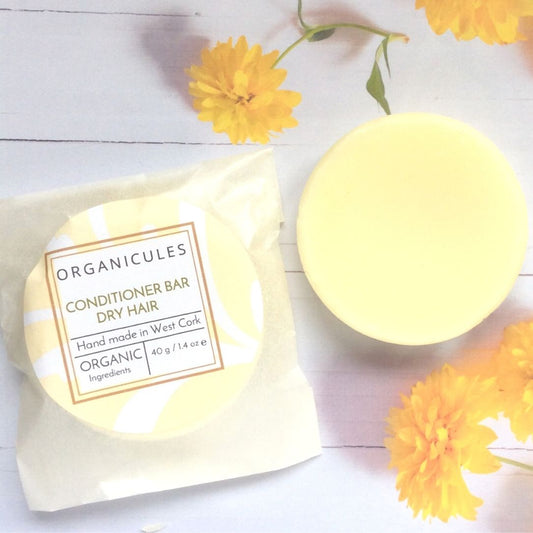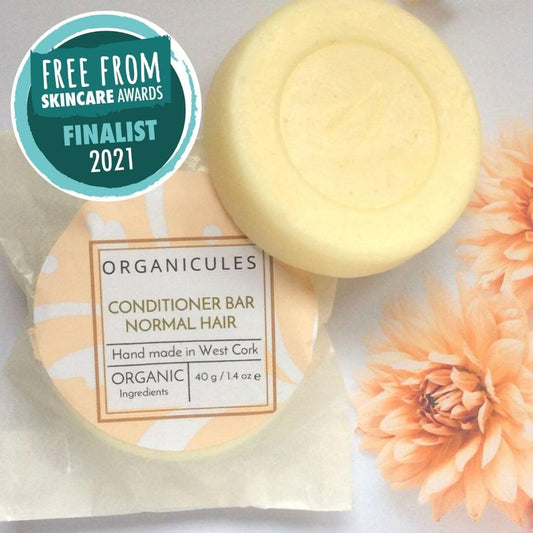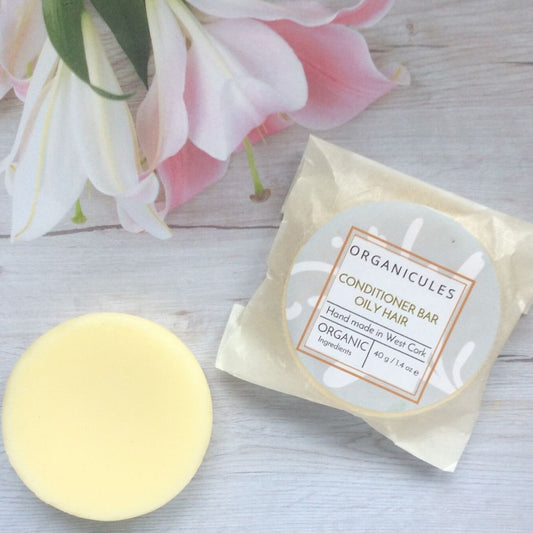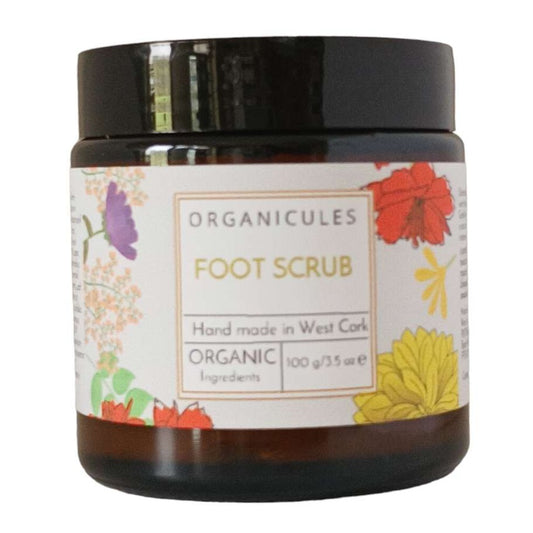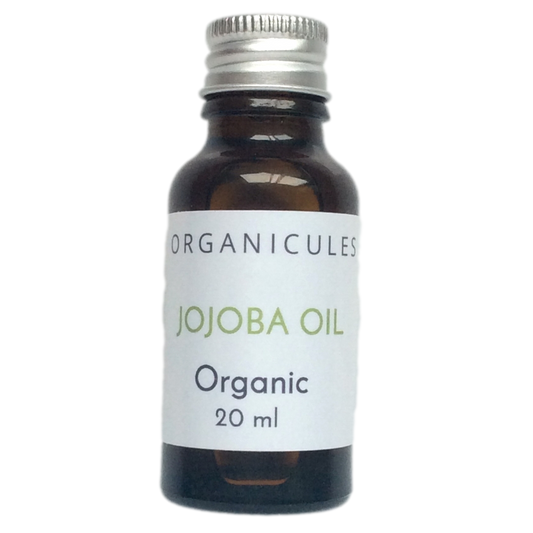-
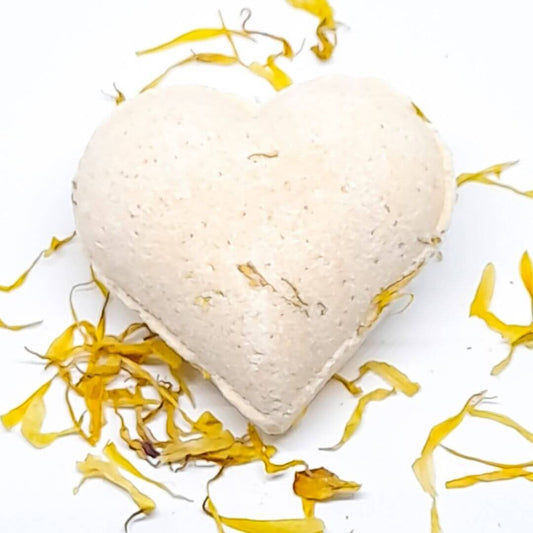 Sold out
Sold outBath Bombs | Citrus Burst
Regular price €4,00 EURRegular priceUnit price / per -
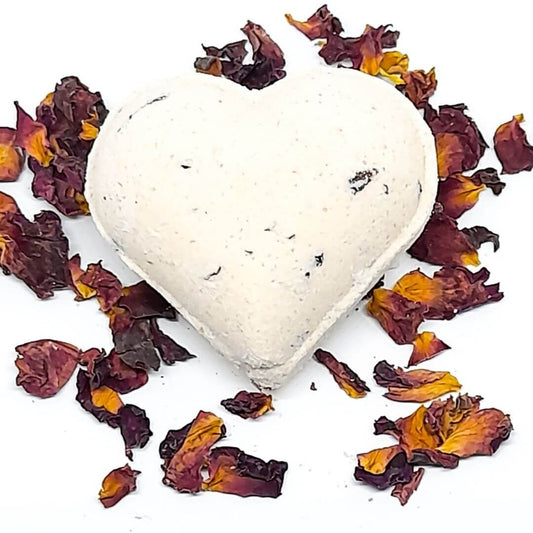 Sold out
Sold outBath Bombs | Geranium
Regular price €4,00 EURRegular priceUnit price / per -
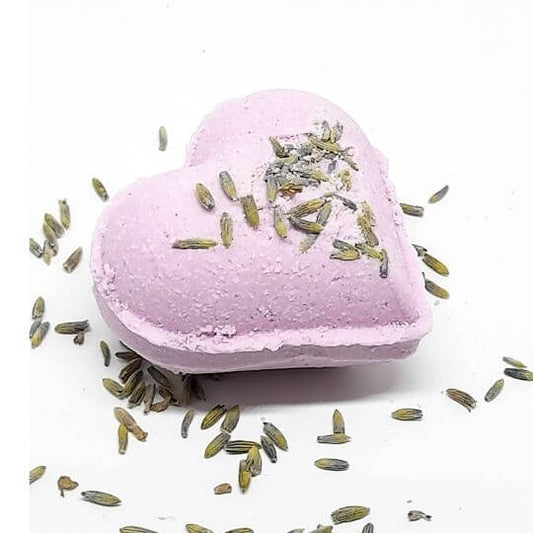 Sold out
Sold outBath Bombs | Lavender
5.0 / 5.0
(4) 4 total reviews
Regular price €4,00 EURRegular priceUnit price / per -
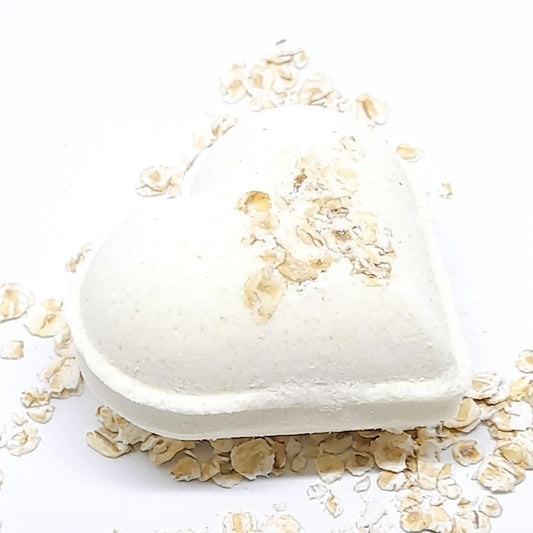 Sold out
Sold outBath Bombs | Oatmeal
4.67 / 5.0
(3) 3 total reviews
Regular price €4,00 EURRegular priceUnit price / per -
Bath Bombs | Pink Clay
5.0 / 5.0
(2) 2 total reviews
Regular price €4,00 EURRegular priceUnit price / per -
Body Scrub | Organic Cane Sugar
5.0 / 5.0
(4) 4 total reviews
Regular price €14,50 EURRegular priceUnit price / per -
Body scrub | Pink himalayan salt
5.0 / 5.0
(1) 1 total reviews
Regular price €14,50 EURRegular priceUnit price / per -
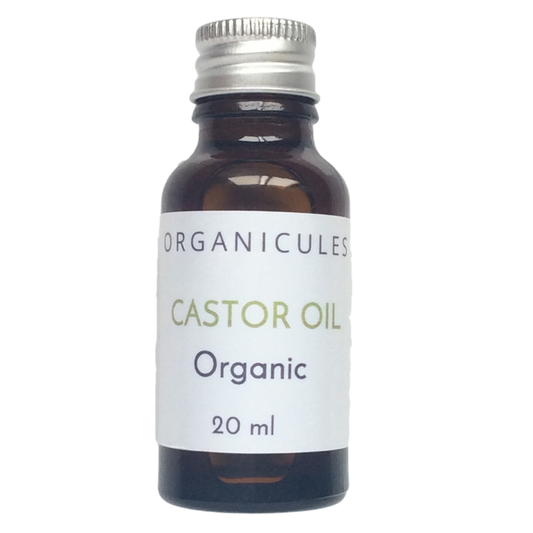 Sold out
Sold outCastor Oil
Regular price €4,00 EURRegular priceUnit price / per -
Conditioner Bar | Dry hair
4.87 / 5.0
(15) 15 total reviews
Regular price From €10,00 EURRegular priceUnit price / per -
Conditioner bar | Normal hair
5.0 / 5.0
(2) 2 total reviews
Regular price From €10,00 EURRegular priceUnit price / per -
Conditioner bar | Oily hair
Regular price From €10,00 EURRegular priceUnit price / per -
E-Gift Card €10-€100
Regular price From €10,00 EURRegular priceUnit price / per -
Foot scrub | Epsom salt and pumice
Regular price €14,50 EURRegular priceUnit price / per -
Jojoba Oil
Regular price €10,75 EURRegular priceUnit price / per -
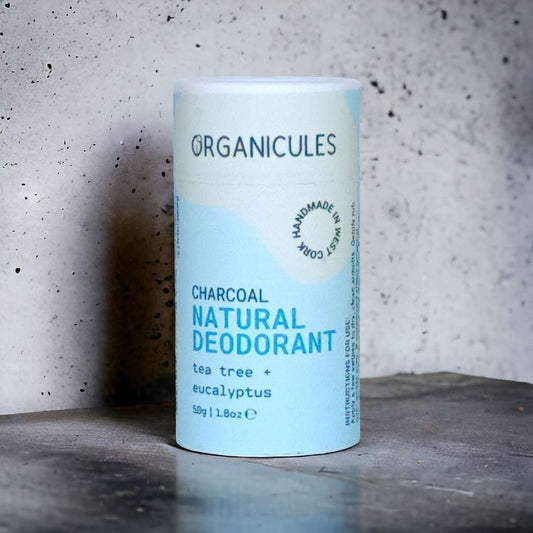 Sold out
Sold outNatural Deodorant | Charcoal
4.8 / 5.0
(10) 10 total reviews
Regular price €10,50 EURRegular priceUnit price / per
Collection: Products
Everything you ever wanted to know about natural deodorants
Deodorant FAQ's
Why use natural deodorant ?
The skin is the largest organ in the body and acts as a protective barrier to the inside and outside of the body.
Products applied to the skin can be absorbed into the bloodstream.
The average woman puts 200+ chemicals on their body every day, without even realizing it.
Traditional deodorant contains an array of chemicals with associated health concerns, including:
artificial fragrances
aluminium
parabens - the main concern regarding the use of parabens in cosmetics is their potential to act as endocrine disruptors, interferring with natural hormone systems [1]
phthalates
triclosan
propylene glycol
benzyl salicylate
You won't find any of these ingredients in our
.
Deodorant is the one product that we all use on a daily basis, so switching to natural deodorant is an easy way to start decreasing your bodies exposure to toxins.
All of our products are made with eco-friendly, natural, organic and vegan ingredients that cause no harm to your body while being gentle on the planet and our waterways.
[1] J. Jagne, D. White, F. Jefferson Endocrine-disrupting chemicals: adverse effects of bisphenol A and parabens to Womens health Water Air Soil Pollution, 227 (2016), p. 182
Will natural deodorant stop me sweating?
The short answer is No. Natural deodorant will not stop you sweating, however, our deodorant formulations contain ingredients which absorb moisture, including natural clays, cornstarch and charcoal, so they will keep your armpits drier. But to fully answer this question, we need to understand the difference between an antiperspirant and a deodorant. Deodorant and antiperspirant both help fight body odour (BO), but they do so in different ways.
How does antiperspirant work?
Antiperspirants fight BO by reducing the production of sweat through blocking the sweat pores. To achieve this, aluminum or zirconium-based compounds are used to form a polymeric plug that physically blocks sweat from escaping from sweat glands.
So, the primary role of antiperspirants is to stop you sweating, the secondary role is to stop body odour.
But sweating is not a bad thing. In fact, sweating plays many important roles.
* As sweat evaporates, it cools the body and thus plays an important role in regulating body temperature.
* Sweat also plays a role in removing toxins from our bodies. In fact, while the excretory function of sweat has previously been considered negligible compared to the kidney, recent studies challenge this notion. There is evidence that several toxic elements and xenobiotics may be preferentially excreted through human sweat[1,2}.
Some studies report that the excretion of arsenic, cadmium, lead and mercury in sweat matches or exceeds excretion by the kidneys[3].
Many pharmaceutical drugs are also excreted via sweat and the role of sweat patch technology in monitoring illicit drug use is based on dozens of studies examining amphetamines, cocaine, cannabis, opiates and associated metabolites excreted in sweat[4].
Given all this information, I can't see how using antiperspirants and blocking sweat glands could be beneficial to overall health and wellness.
Are you ready to make the switch to
[1]Genuis SJ, Beesoon S, Lobo RA, Birkholz D. Human elimination of phthalate compounds: blood, urine, and sweat (BUS) study. Scientific World Journal. 2012;2012:615068
[2]Genuis SJ, Birkholz D, Rodushkin I, Beesoon S. Blood, urine, and sweat (BUS) study: monitoring and elimination of bioaccumulated toxic elements. Arch Environ Contam Toxicol. 2011;61:344–57
[3]Sears ME, Kerr KJ, Bray RI. Arsenic, cadmium, lead, and mercury in sweat: a systematic review. J Environ Public Health. 2012;2012:184745.
[4]Cone EJ, Hillsgrove MJ, Jenkins AJ, Keenan RM, Darwin WD. Sweat testing for heroin, cocaine, and metabolites. J Anal Toxicol. 1994;18:298–305
How does deodorant work?
Traditional deodorants fight BO by targeting and killing the odour-producing bacteria. To do this, traditional deodorants use anti-bacterial agents such as parabens and triclosan. Both of these chemical classes raise health concerns.
In contrast, natural deodorants convert the odour producing fatty acids in sweat to sodium salts which are odorless thus blocking further metabolism and release of nasty smelling thioalcohols. You can read a more in depth explanation of the science behind natural deodorants in our blog post How does natural deodorant work

